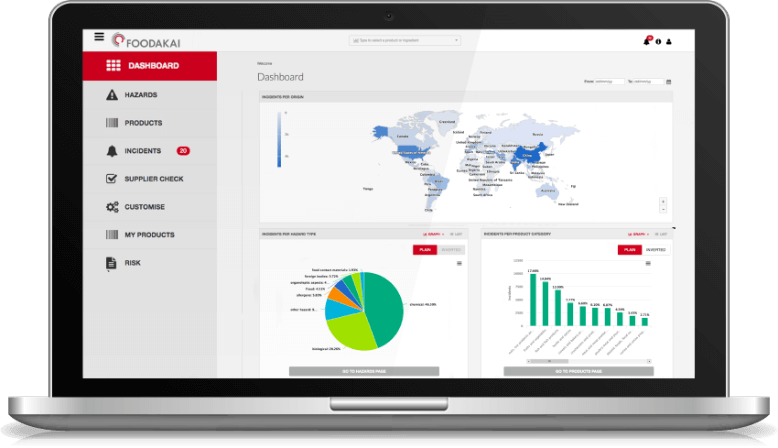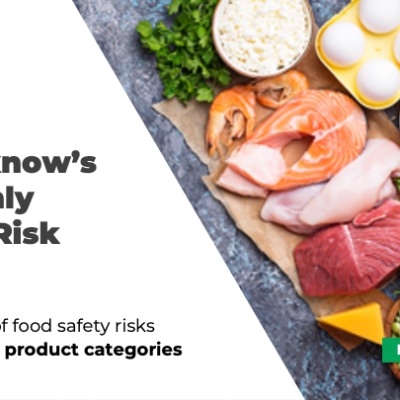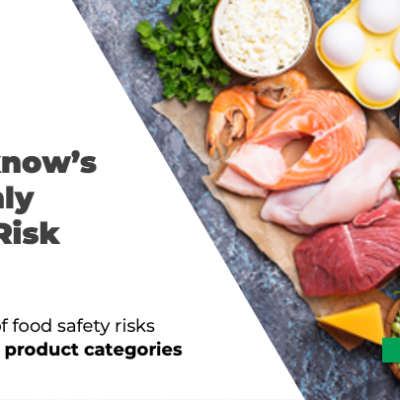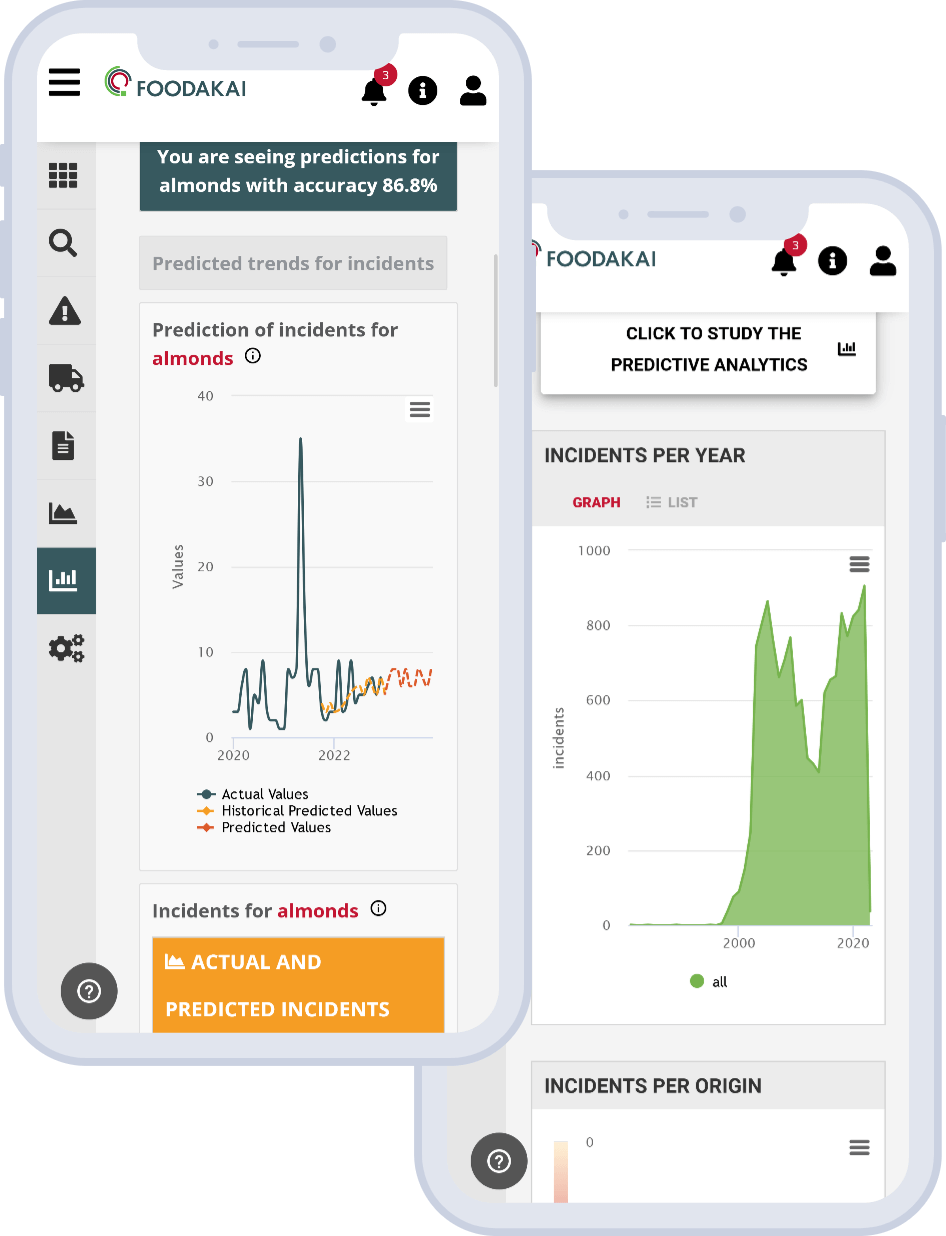
Lead in cinnamon: the story continues
The FDA’s alert last month, regarding elevated levels of lead in certain ground cinnamon products prompted a widespread concern in the food industry. This development following the October 2023 recall of applesauce pouches, has once again highlighted the importance of tighter control measures but also the value of adopting an approach more reliant on advanced technologies and solutions to ensure regulatory compliance and consumer safety.
While the focus has since been on mitigating the risk to ensure consumer safety, it is essential to try and understand the root cause of this issue and explore how the industry can be more prepared in the future.
Consumption of the affected products, according to the FDA’s advisory can lead to adverse health effects, particularly for vulnerable populations such as children. Considering the fact that these products have a long shelf life, the risk of long-term exposure (months – years) was obvious.
Consumers were prompted to dispose of the affected products and contact their health care providers if they were concerned about lead toxicity. The situation highlighted the importance of robust food safety practices and procedures throughout the production and distribution process. Enhanced and targeted testing could have potentially prevented the contamination, stressing the need for proactivity.
Assessing Risk for Ground Cinnamon Utilizing FOODAKAI, the AI-powered food safety risk intelligence platform, in order to perform risk assessment for ground cinnamon findings, the risk of heavy metal contamination was identified with a notable upward trend in incidents. Specifically, a 518% increaseing the likelihood of heavy metal presence in ground cinnamon was identified.

Moreover, analysis of the incident map revealed that the majority of contamination incidents occurred within the US aligning with the ongoing crisis.

Notably, FOODAKAI’s hazard predictions for lead contamination showed a significant upward trend of 91% since the beginning of the year, with cinnamon but also herbs and spices identified as products likely to be most affected.
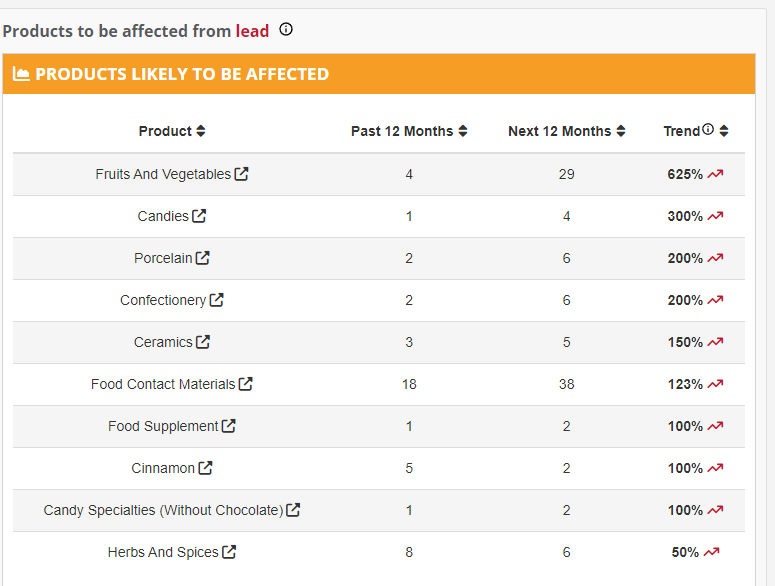
These findings could have served as an early warning indicating the need for more intense testing for this particular product category.
The importance of innovative solutions to be implemented in the food industry is evident. Food safety professionals should consider adopting an approach more reliant on advanced technologies and solutions not only to ensure regulatory compliance but also to strengthen their organizations reputation when it comes to consumer safety. While a recall can mitigate the immediate risk, investing in long-term solutions to proactively identify hazards is extremely important. FOODAKAI can empower food safety professionals by offering real time insights and predictive analysis.
Want to receive FREE Food Safety Alerts and Forecasts directly to your inbox?
This report was prepared under the HOLiFOOD project.
HOLiFOOD is a project that has received funding from the European Union’s Horizon Europe research and innovation programme HOLiFOOD (Grant Agreement Number 101059813). Views and opinions expressed are, however, those of the author(s) only and do not necessarily reflect those of the European Union or European Research Executive Agency. Neither the European Union nor the granting authority can be held responsible for them. Project website: https://holifoodproject.eu


